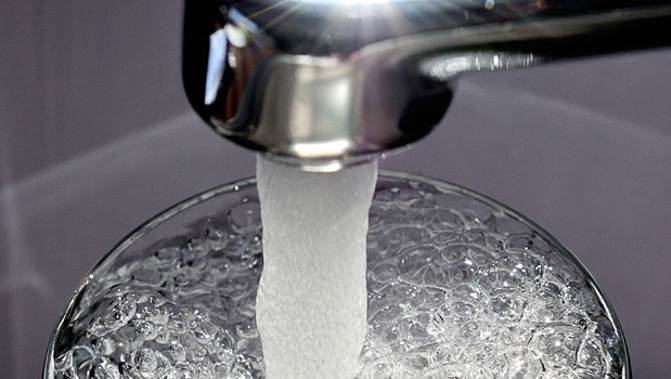
A leading clinical nutritionist based in Havelock North says there can be long term health risks associated with drinking chlorinated water.
Havelock North and Hastings will have chlorinated water for at least three months, after the campylobacter outbreak which has affected more than 4,700 people.
Seven people remain in hospital, and one is in intensive care with the illness.
Permanent chlorination could be one option considered by authorities, as an in-depth government investigation tries to find the source of the bug.
Be Pure founder Ben Warren said studies have shown what long-term use of chlorinated water can do to people's health.
"There are certainly some studies which show long term consumption of chlorinated water is associated with a number of different cancers, primarily bladder and urinary tract and also through the bowel."
However, Ben Warren says the first priority should be removing any bacterial risks in drinking water, and chlorine is the cheapest way to do that.
The Cancer Society said there's only a very tiny risk of chlorinated water causing cancer.
Cancer Society Medical Director, Dr Chris Jackson said there was a study done in New Zealand in 1998 which found a very weak link between people who smoked cigarettes and the long term consumption of chlorinated water, where they risked getting a very rare cancer.
However he said the number of people in that risk category would be very, very low.
Dr Jackson said the dose of chlorine in the water in Havelock North and Hastings will be too minimal to be a risk.
"Pure chlorine and it's related products may be carcinogenic but the levels used in public water supplies are tiny and not at a level which unduly raises the risk of cancer."
Meanwhile, Hastings mayor Lawrence Yule would prefer to have chlorine-free water in the future.
He said Hawke's Bay is known to have some of the best water in the world, and people would like to keep it that way.
"My preference is actually that we don't chlorinate the water and we find a rigid and more extensive testing regime that means the water gets tested a lot more regularly than it has."
Mr Yule, the Hawke's Bay District Health Board and the Regional Council will present information to the public over the campylobacter contamination in the water next week and emotions are expected to boil over.
The Hastings mayor said the discussions could get quite heated, but he wants to front up.
"I wanted to wait to a stage until people were not ill anymore from the illness. Then there'll be a perfect opportunity for people to ask questions and understand how it's being handled and what's being done to find out the source."
All the details about the public meetings, as well as where people can go to for welfare and financial help, will be in information flyers delivered into people's letterboxes from today.
The meetings will take place at the Riverbend Christian Centre, on Te Aute Road, next Tuesday and Wednesday from 5.30pm.
Take your Radio, Podcasts and Music with you









